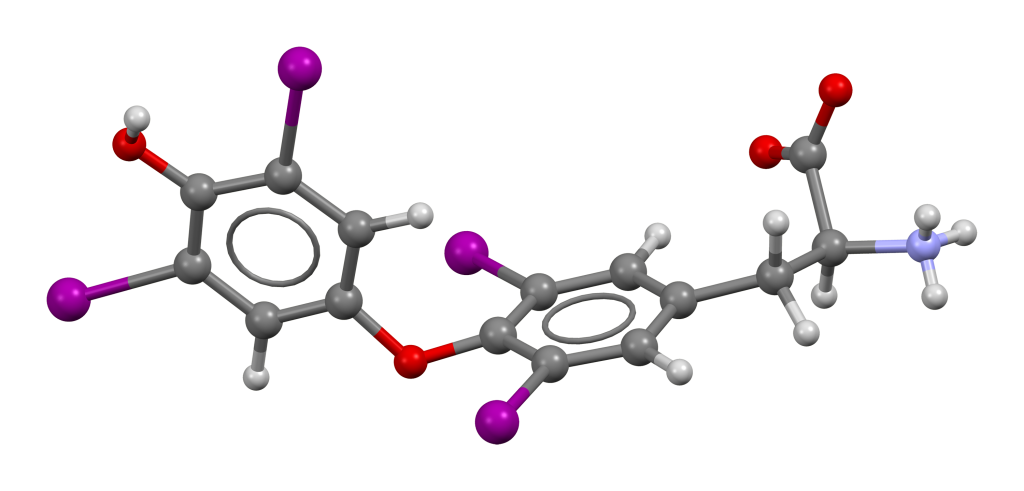Introduction
Levothyroxine is a synthetic thyroid hormone medication used to treat hypothyroidism and other thyroid conditions. According to the American Thyroid Association, it is one of the most commonly prescribed medications in the United States. This article provides evidence-based information about levothyroxine usage and important dietary considerations.

Proper Medication Administration
Timing and Administration:
- Take on an empty stomach, at least 30-60 minutes before breakfast (FDA Guidelines)
- Consistent daily timing is crucial for stable hormone levels
- Use plain water only for administration
- Avoid taking within 4 hours of other medications
Storage and Handling:
- Store at room temperature away from moisture
- Keep in original container with lid tightly closed
- Do not use expired medication
Dietary Considerations and Interactions
Foods to Avoid Close to Medication Time:
- High-fiber foods (whole grains, bran)
- Soy products (soy milk, tofu, edamame)
- Walnuts and cottonseed meal
- Calcium-fortified foods and juices
Beverage Restrictions:
- Avoid coffee within 1 hour of taking medication (Endocrine Society)
- Grapefruit juice may affect absorption
- Avoid taking with milk or dairy products
Medication Interactions
Significant Drug Interactions:
- Calcium supplements and antacids
- Iron supplements and multivitamins
- Cholesterol-lowering drugs (cholestyramine)
- Certain antidepressants and seizure medications
- Proton pump inhibitors
Monitoring and Follow-up
Important Medical Supervision:
- Regular blood tests to monitor TSH levels (American Association of Clinical Endocrinology)
- Do not adjust dosage without medical guidance
- Report symptoms of over- or under-treatment
- Regular follow-up with healthcare provider
Special Considerations
Pregnancy and Breastfeeding:
- Dosage requirements may increase during pregnancy
- Safe for use while breastfeeding under medical supervision
- Regular monitoring essential during pregnancy
Elderly Patients:
- May require lower starting doses
- Increased risk of cardiac complications
- Requires careful dose titration
When to Contact Healthcare Provider
- Symptoms persist or worsen after several weeks
- Experience chest pain, rapid heartbeat, or palpitations
- Notice significant weight changes
- Plan to become pregnant or suspect pregnancy
- Consider starting new medications or supplements
Conclusion:
Proper levothyroxine administration requires careful attention to timing, dietary considerations, and regular medical monitoring. Following prescribed guidelines and maintaining open communication with healthcare providers ensures optimal treatment outcomes.
Disclaimer: This information is provided for educational purposes only and does not constitute medical advice. Individual medication requirements may vary. Always follow the specific instructions provided by your healthcare provider and pharmacist.
Additional Resources:
